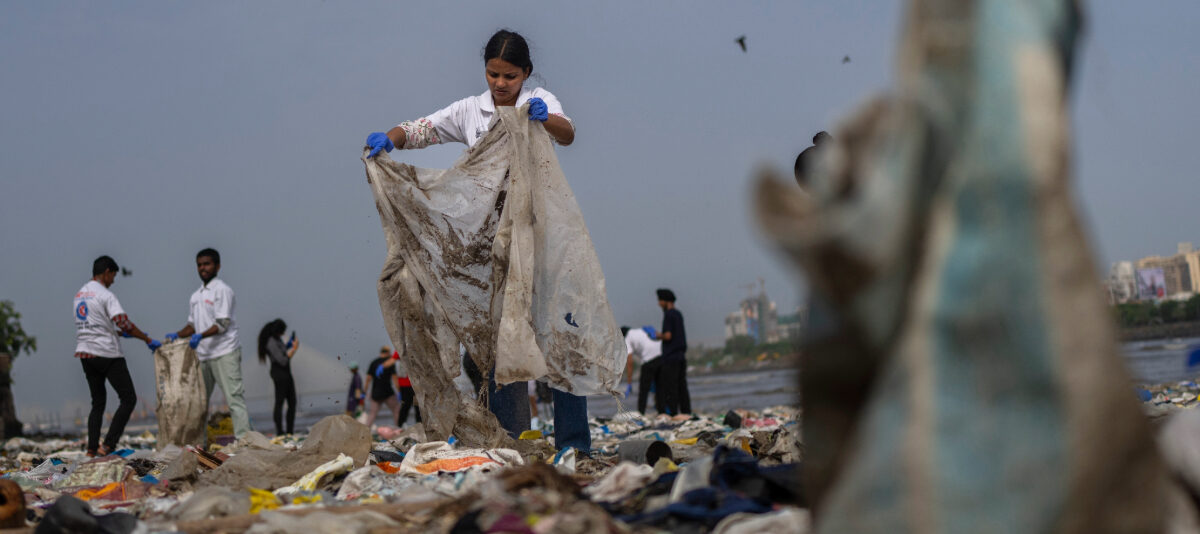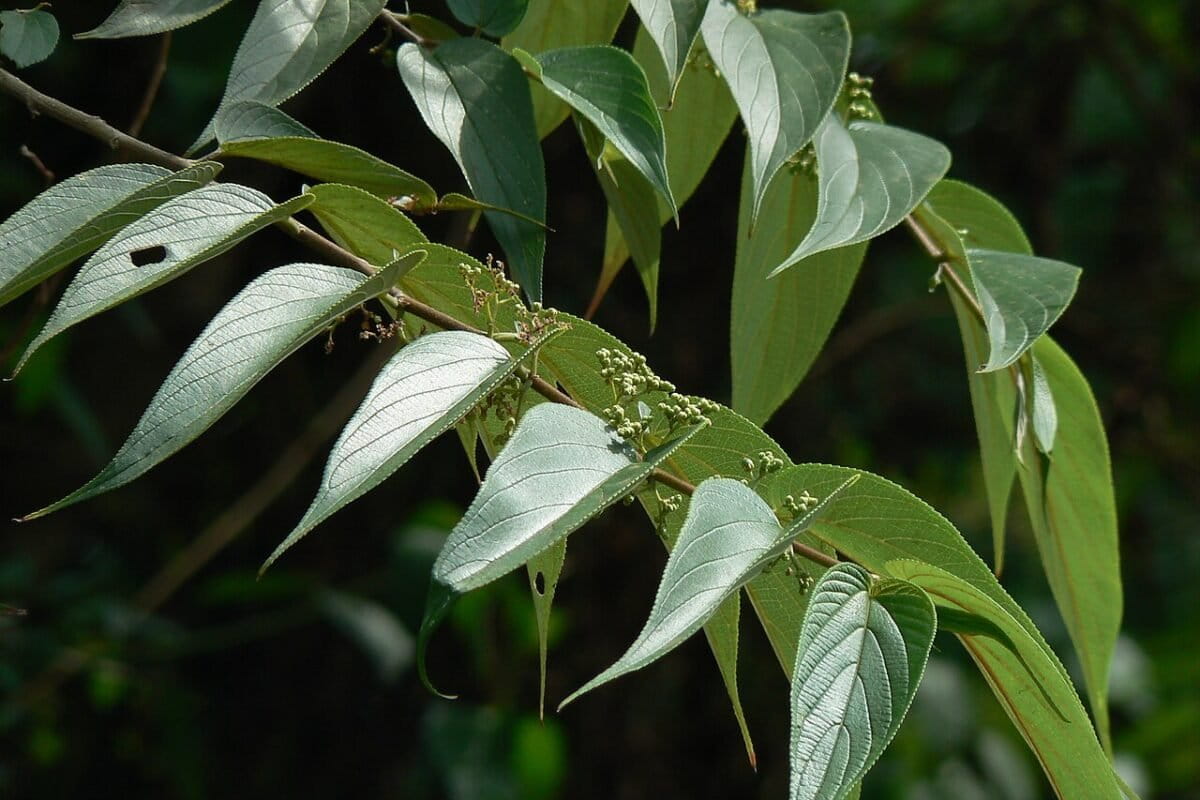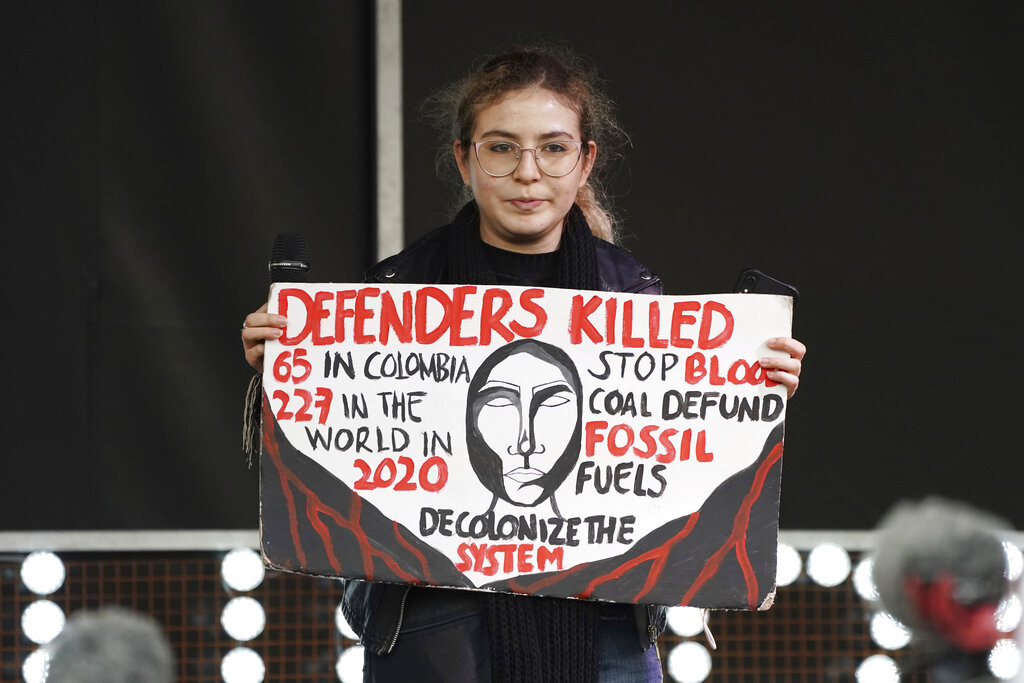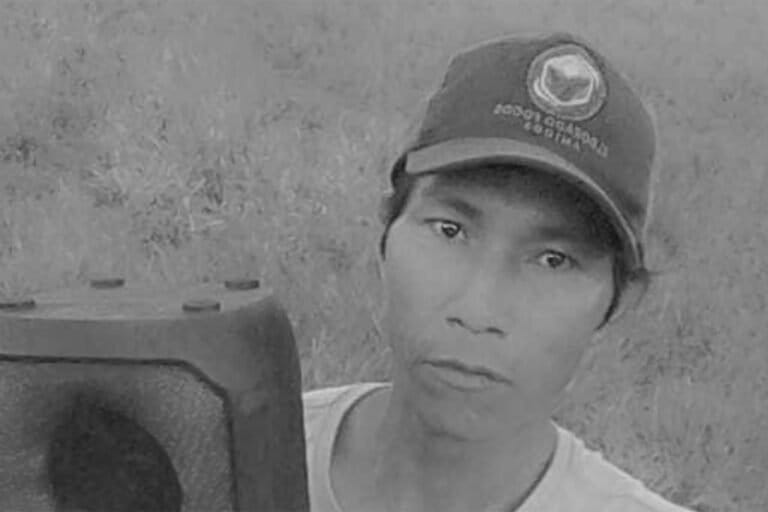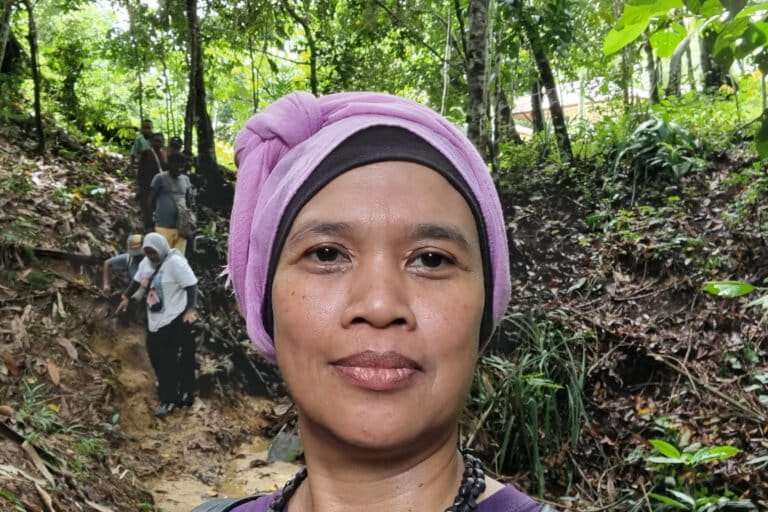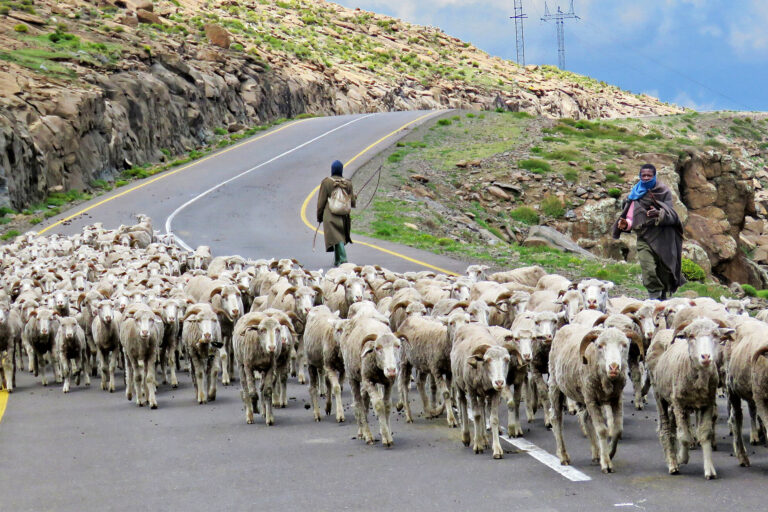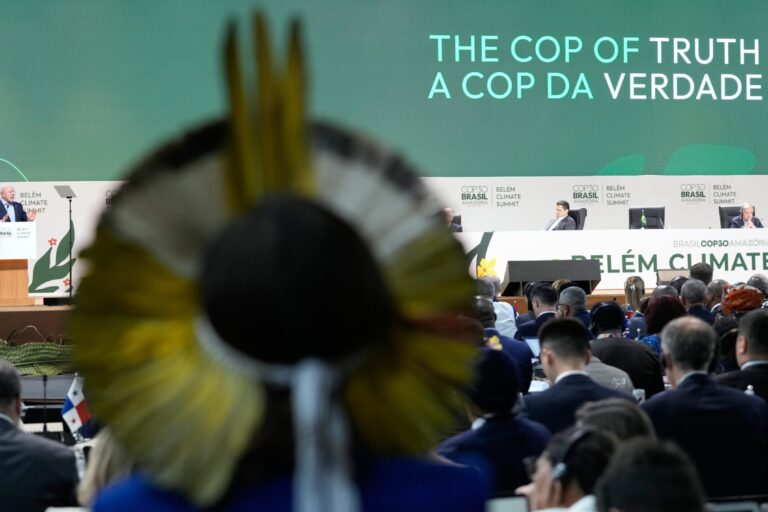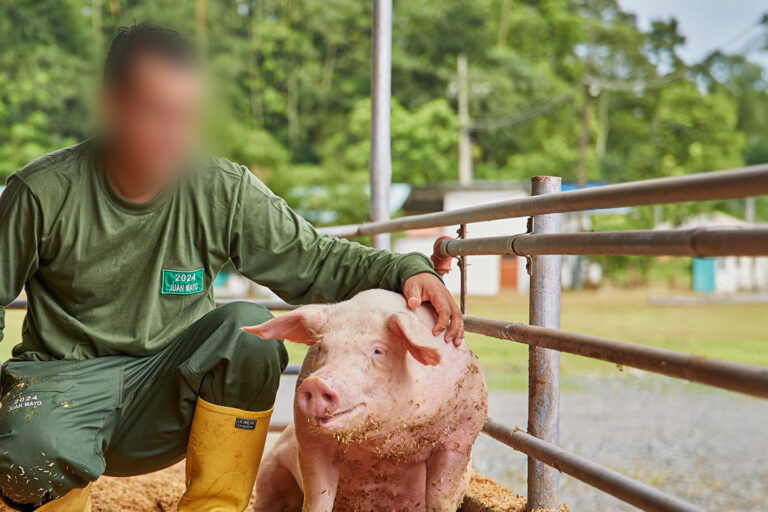- Gunmen killed Vicente Kaiowá e Guarani on November 16th during a land-reclamation effort, in an attack his community says was carried out by organized militias rather than internal rivals.
- The Kaiowá of Pyelito Kue and Mbarakay face a long pattern of violence as they try to return to their tekoha, despite their territory being officially recognized but still undemarcated.
- Recent assaults—including multiple attacks in early November and clashes linked to pesticide drift—reflect a recurring cycle in which reoccupations are met with armed reprisals.
- Rights advocates say Vicente’s death underscores a broader failure of the state to enforce constitutional land rights, leaving the Kaiowá exposed to continued killings on territory that legally belongs to them.
Founder’s Briefs: An occasional series where Mongabay founder Rhett Ayers Butler shares analysis, perspectives and story summaries.
Early on November 16th, gunfire broke the quiet around Pyelito Kue in southern Mato Grosso do Sul, Brazil. By dawn, the Kaiowá were counting their wounded and laying out the body of Vicente Kaiowá e Guarani, a father and spokesman for a people who have spent decades trying to return to the places they call tekoha. He was killed with a shot to the head. His community says the men who pulled the trigger arrived in the dark, well armed and organized. Police later suggested the crime stemmed from an internal dispute. The Kaiowá insist otherwise.
Vicente’s name now joins a list that has grown long. Attacks against the Kaiowá of Pyelito Kue and Mbarakay have become a grim fixture of life in the state’s southern cone. The communities have endured raids, fires, beatings, and expulsions for years at the hands of militias linked to ranchers, with the state’s own forces often appearing more eager to protect private property than to enforce constitutional rights.
The frustration and anger is evident. “We no longer accept being treated as invaders on our own land,” read a statement issued by Aty Guasu, a Guarani Kaiowá organization.
“We lost a warrior,” said a relative after the assault. It was not the first such loss, and no one pretends it will be the last.

The tekoha of Pyelito Kue and Mbarakay were officially recognized as part of the Iguatemipeguá I Indigenous Territory in 2013. Yet a decade on, the land remains undemarcated. The people remain hemmed in, squeezed onto a 97-hectare parcel carved out by a court order. They describe hunger. They speak of illness. A place meant to support hundreds of families has been reduced to a fraction of its former extent, surrounded by eucalyptus blocks, cattle pasture, soy fields, and the drifting haze of pesticides.
“Life outside the tekoha is a sub-life,” anthropologists with the Brazilian Association of Anthropology warned recently. The Kaiowá have known this for far longer.

Their attempts to return home have met the same pattern: first, a precarious reoccupation; then the gunmen. Days before Vicente’s killing, Pyelito Kue endured two attacks in less than 72 hours as families sheltered in makeshift tents. Women ran with children in their arms. Rubber bullets and gas canisters were gathered afterward in piles. A fortnight earlier, the Guyraroka community, also awaiting demarcation, clashed with farmers after pesticide drift sickened families. Such episodes bleed into one another. The details change; the structure stays the same.
Vicente’s death is part of this continuum. In 2012 the country briefly rallied behind the campaign “We are all Kaiowá” after a court ordered Pyelito’s eviction and the community wrote, “Decree our collective death.” The outcry was loud enough to force a reconsideration. But the attention faded. The bureaucracy did not. And the violence resumed its slow, grinding course.

The dead are laid to rest. The living keep watch at night. Federal investigations are promised. Reports are drafted. Yet the tekoha remain unreturned, and the killings continue on land that, on paper, belongs to the people now burying their own.
Vicente leaves behind a family and a community that had asked only to go back to where their ancestors lived. His killers may never be named. But the circumstances of his death—guns in the dark, a stalled demarcation, a state that arrives late or not at all—are already well known in Pyelito Kue. Too well.



